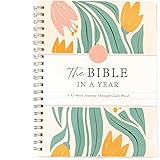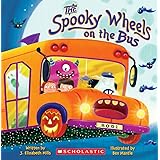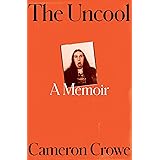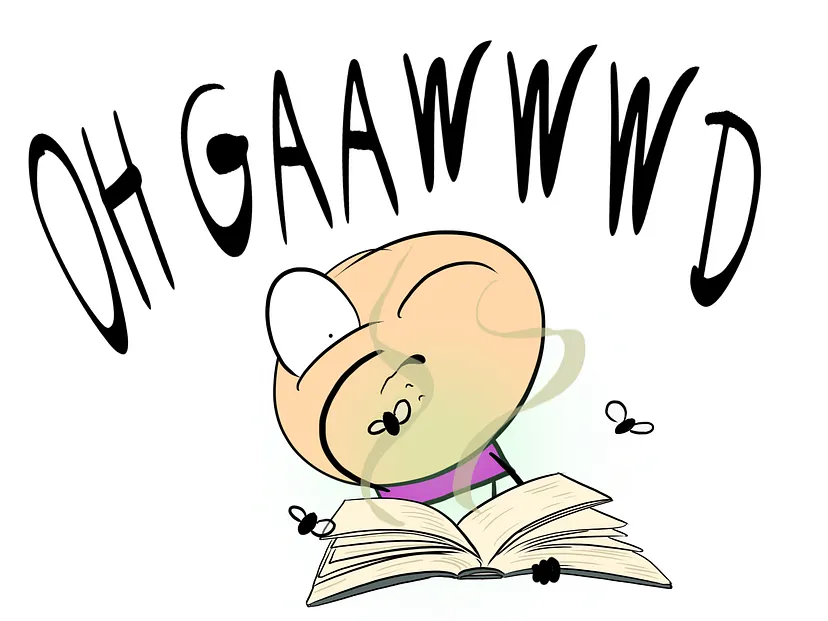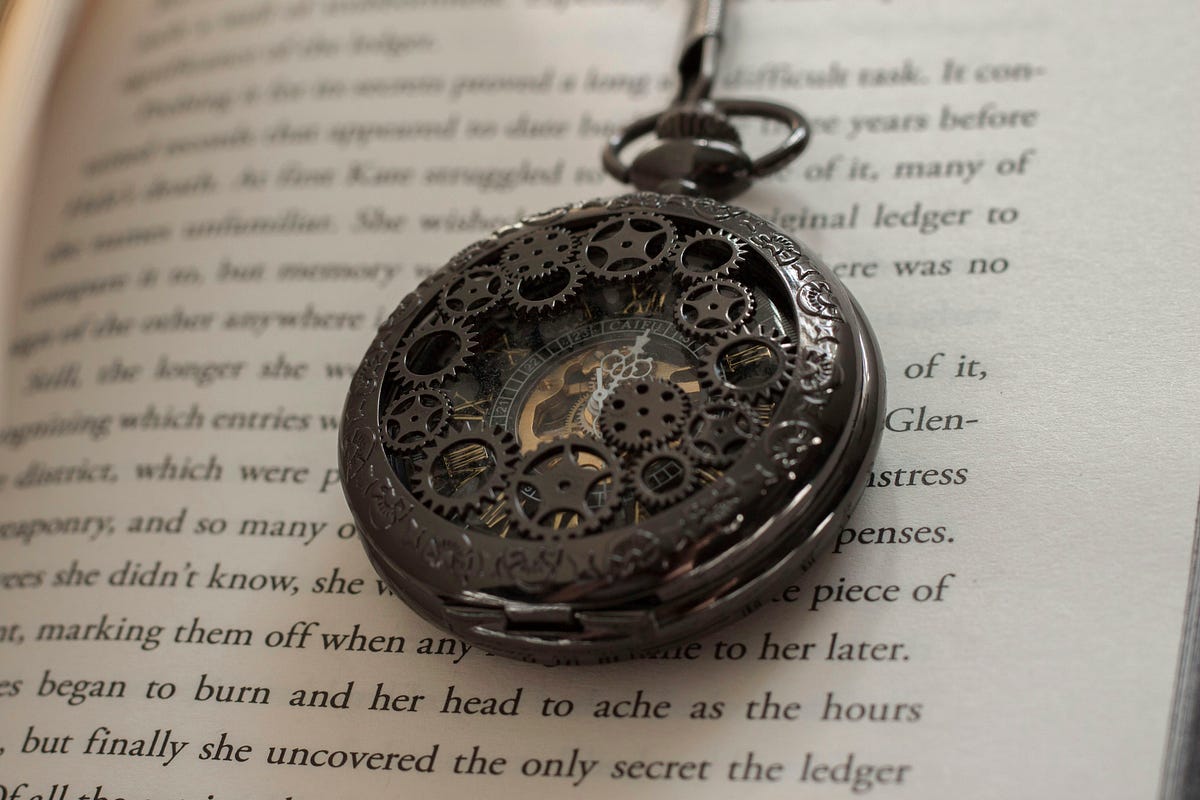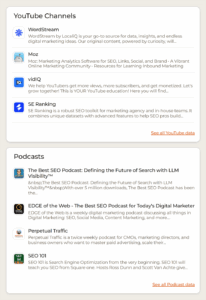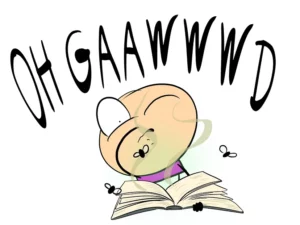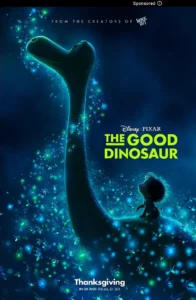“Behind Closed Covers: The Untold Struggles and Secrets of the Publishing World”
So, you’ve finally typed “The End” on your manuscript—what a rush, right? But wait! Before you pour that celebratory drink, there’s a lesser-known hurdle you need to leap: the age-old debate—should you knock on the doors of traditional publishers, or take the plunge into self-publishing? It’s a bit like deciding whether to walk into a fancy restaurant and risk being turned away or to whip up a delightful meal in your own kitchen. The path you choose can shape not only your book’s journey but also your growth as an author. And let’s be honest, every road has its own quirks and delights. In this article, I’ll share my insights from standing on both sides of the fence—considering factors that might make this not just a decision for your career, but a personal choice for each book you write. Intrigued? Let’s unravel the details together. LEARN MORE

Traditional versus self-publishing: which is right for you?
You’ve finished writing a book. Congratulations! Now comes the next decision. Should you seek a traditional publisher, or go down the self-publishing route?
I have a foot in both camps, so the first point to make clear is that this is not a career-defining decision. In fact, this should be a per-book decision. Some writers even make this a per-format decision. Yes, you can self-publish a book in one format and traditionally publish the same book in another format (assuming you can negotiate the right contract with a traditional publisher).
So which route is best for you? It all depends upon what you wish for yourself as an author, or for this particular book.
Approaching traditional publishers
If you want to be published by one of the Big Five publishers (Penguin Random House, Harper Collins, Simon & Schuster, Hachette Livre, and Macmillan) you will need an agent. That’s because most of these publishers’ imprints won’t accept book submissions directly from authors.
Finding the right agent takes time. A lot of time. Not only are you looking for an agent who represents the genre you write (and, therefore, has editorial contacts at the publishers who publish…
